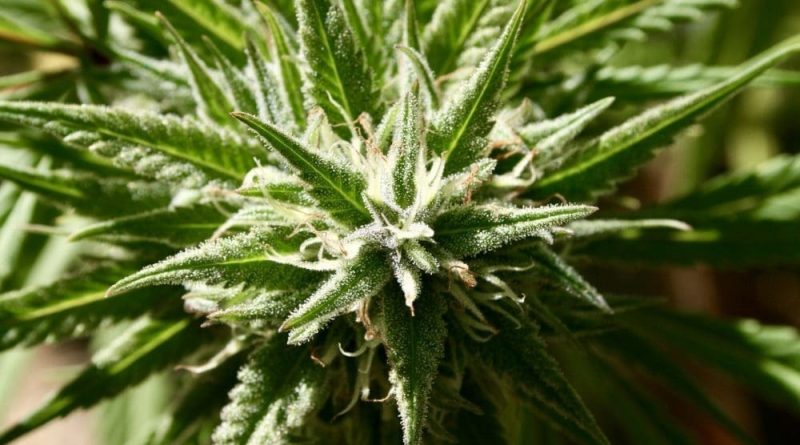Kentucky Governor Launches Medical Marijuana Dispensary Map Ahead Of Market Launch And Waives Patient Renewal Fees
From toxifillers.com with love
The governor of Kentucky has announced a new online directory that lets people see where medical cannabis dispensaries will be opening near them—and he signed an executive order to waive renewal fees for patients who get their cards this year so that they don’t get charged again before retailers open.
During a press briefing on Thursday, Gov. Andy Beshear (D) shared a series of developments as the state prepares for the rollout of its medical cannabis program that he signed into law in 2023.
“Since taking office, we’ve been committed to providing access to health care and creating safe communities for all Kentuckians,” he said. “One of our priorities was securing medical cannabis for Kentuckians suffering from cancer, from PTSD, from chronic pain and other conditions.”
Beshear emphasized that the state has been working to deliver access to patients “at the earliest possible date,” and that involved expediting the licensing process. The governor in January also ceremonially awarded the commonwealth’s first medical marijuana cards.
A majority of approved licensees have been inspected and approved, the governor said, adding that “there’s going to be a dispensary point for all patients.” And to that end, the state’s Office of Medical Cannabis has created an interactive map for patients to find their nearest dispensary
“None of these dispensaries are open yet, but you can go ahead and see where the dispensaries will be located so that you can make plans, when they’re open, how you’re going to secure your medical cannabis,” the governor said.
In the months since applications opened for medical cannabis cards, over 10,000 Kentuckians have obtained their cards among the 15,000 who have received written recommendations from marijuana that the state has been processing. Recognizing that no dispensaries have opened yet, Beshear said “we want to make sure that Kentuckians are not paying for a card that they cannot use in 2025.”
To that end, he signed an executive order on Thursday to waive the $25 renewal fee for those who obtained their cards in 2025 and will be reapplying in 2026.
“While we expect some of these dispensaries to be open this year, you may have gotten one in January and have not been able to use it—at least for this first half of the year,” he said. “I know it’s a small amount, but it’s only fair. And we’ve been working to make this system one of the best in the country. We’re excited about its progress, and this is just another piece of trying to make sure we’re putting patients, always, first.”
Meanwhile, the governor sent a letter to Kentucky’s congressional delegation in January, “urging them to take decisive action to protect the constitutional rights of our law abiding medical cannabis patients” by repealing the federal ban on gun possession by people who use marijuana.
That came after bipartisan Kentucky senators filed legislation that similarly called on the state’s federal representatives to take corrective action, which Beshear said he supports but would like to see even more sweeping change on the federal level.
The federal Bureau of Alcohol, Tobacco, Firearms and Explosives (ATF) warned Kentucky residents late last year that, if they choose to participate in the state’s medical marijuana program, they will be prohibited from buying or possessing firearms under federal law.
As far as the implementation of the state’s medical cannabis law goes, Beshear said in his State of the Commonwealth address in January that patients will have access to cannabis sometime “this year.” He also later shared tips for patients to find a doctor and get registered to participate in the cannabis program.
Health practitioners have been able to start assessing patients for recommendations since the beginning of December.
While there currently aren’t any up-and-running dispensaries available to patients, Beshear has further affirmed that an executive order he signed in 2023 will stay in effect in the interim, protecting patients who possess medical cannabis purchased at out-of-state licensed retailers.
During last year’s November election, Kentucky also saw more than 100 cities and counties approve local ordinances to allow medical cannabis businesses in their jurisdictions. The governor said the election results demonstrate that “the jury is no longer out” on the issue that is clearly supported by voters across partisan and geographical lines.
Pennsylvania Could Generate More Than $2 Billion In Marijuana Tax Revenue After Five Years If It Enacts Legalization, Report Finds
Photo courtesy of Brian Shamblen.



